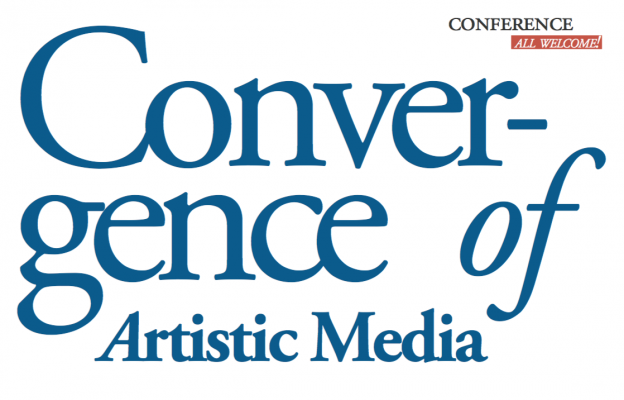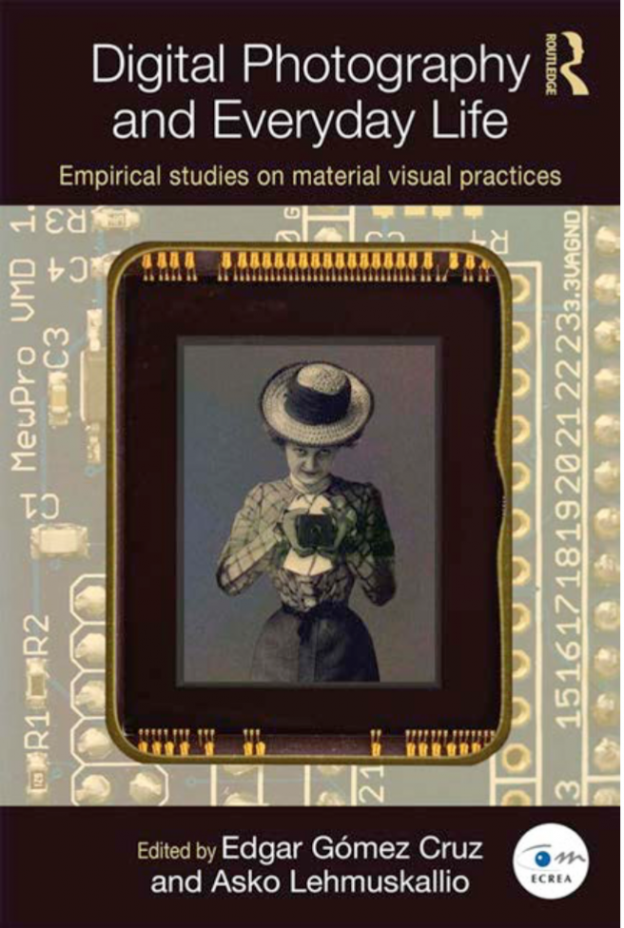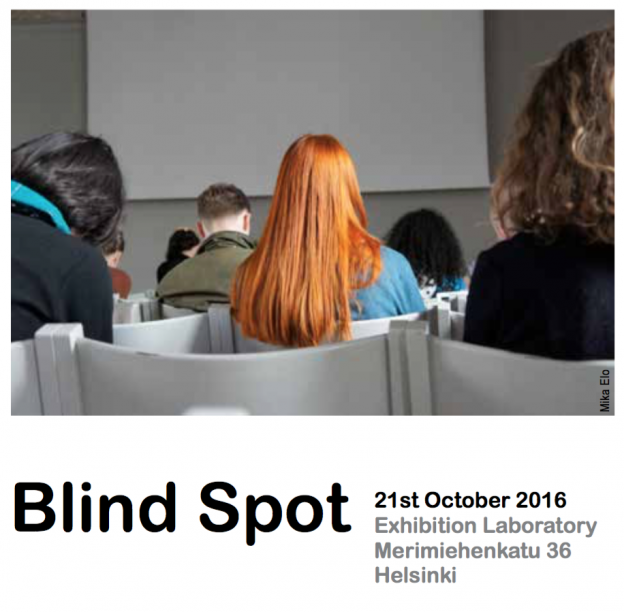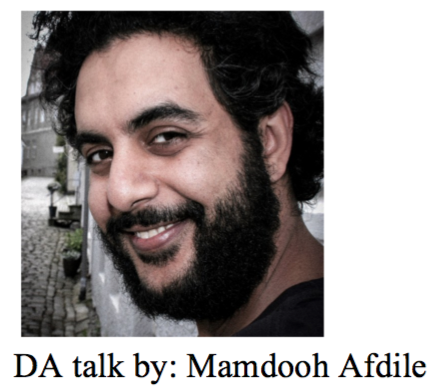OPEN CALL:
RENEWABLE FUTURES CONFERENCE 2017 – ECONOMIA
The 2nd Edition of Art and Science Conference series in Europe and the Baltic Sea Region
January 20 – 22, 2017, Eindhoven, The Netherlands
Venue: Baltan Laboratories / Natlab, former physics lab of Philips.
Renewable Futures is a new conference series that aims to invent new avenues for more sustainable and imaginative future developments. The first conference edition took place in Riga (LV) exploring the transformative potential of art. The second Renewables Futures conference will take place in Eindhoven, aiming to push the boundaries of our thinking about the economy. The conference will be a part of Economia festival organized by Baltan Laboratories in Natlab, former physics lab of Philips.
Economia festival is a three-day event during which we collectively explore new ideas and thinking about our economy. The event is a laboratory for ideas, a place where we can step out of the existing frame. We will use unexpected and playful approaches looking at the
essentials of economy, thus establishing a fresh point of view on the economic system and our society.
* Background: about Economia
In the eighties economy transformed more and more into a so called hard science. Economy reduced its various approaches of our complex and unpredictable economic behavior, to one comprehensive theory known as the neoclassical or neoliberal model. This model captured economic behavior in mathematical formulas. It had the beauty of simplicity, the predictability of a formula and sounded too logical not to be true.
Like most powerful technologies dating from after the Second World War, economy has influenced the world of our ideas, how we define ourselves, and how we organize our society. Just as the discovery of DNA forced us to look differently at life, and the developments in ICT made our world smaller in unprecedented ways, the neoliberal model caused a huge shift from common interest to individual interest, and from a long term view to a short term view. It is striking how little imagination this hard economic approach generates. Economy has no equivalent of multiple universes, singularity or space-travelling. No strange life forms in the depths of the ocean or on other planets, no artificial or eternal life. Economy is astoundingly prosaic and, rather than to explore and push the boundaries of its own domain, it seems to move inward, in precisely the opposite direction.
Since the outbreak of the financial crises in 2007/2008, uncertainty about the effectiveness and validity of the neoliberal model has grown considerably. Economy, as a social technology in its present form, provides no solution to issues of climate change and social inequality. It cannot help us organize social alliances, public interests or develop long-term prospects. Its results no longer appeal. The added value of efficiency and productivity are outweighed by the numerous disadvantages of reducing all values to market value.
Although critique on the neo-liberal model grows, no new answers or alternatives have been proposed yet. In the search for new economic insights and alternatives to the current model, why not start by treating economy like any other technology? Playing with it, hacking it, using input from other disciplines, unleashing science fiction on it, approach it in an artistic manner. In short, taking ownership so that we can reshape and rework economy as we see fit. Because however meaningful, criticizing the current model won’t rid us of it. And we aim to do precisely that.
The aim of the festival and conference is to approach economy in new ways and look at our economic system and society with the detached view of the visitor, researcher, gamer, alien and artist. We want to reclaim economy as a social/cultural structure that we created, ridding us of the idea of economy as an inevitable law of nature.
More information about the festival: http://www.thinkeconomia.nl
– – – – – – – – – – – – – – – – – – – – – – – – – – – – – – – –
OPEN CALL FOR PAPERS AND ARTWORKS
We welcome presentations by academic researchers, designers, artists, scientists, students, social entrepreneurs, visionaries and other creative thinkers and practitioners to submit their proposals with regards to the following themes:
* Economy as evolution:
Economy is about development and evolution. Societies develop and the direction they take is determined partly by the type of economic relationships they develop. Parallels are often drawn between these developments in culture and those in nature.
* Economy as a game:
Economy is about rules and laws. Just like other types of relationships in the edifice of a society, an existing system of economic relationships adheres to certain laws and regulations. Gaming is about learning the laws and rules of a game so that you can play it better and better.
* Economy as a fiction:
Economy is about ideas and faith. Credit has existed right from the start of societies, in the form of trust that A would pay B. Just as today, you would do a task for future reward in whatever form. Every form of economic relationship is an idea, or to put it better perhaps a prejudice. Which means it can change.
* Economy as a market:
Economy is about supply and demand. The greatest and most misunderstood cliché. Demand and supply is a way to describe life. Each influences the other in an unpredictable and complex ways.
* Economy as magic:
Economy is both tangible and invisible. We are familiar with two forms of trade, goods and money. The one that you can handle and the other that exists only in the form of ones and zeros. The latter seems like pure magic. It is with good reason that some of these ‘financial wizards’ call themselves ‘Master of the universe’.
– – – – – – – – – – – – – – – – – – – – – – – – – – – – – – – – – – – –
CONFERENCE PROPOSALS
Proposals should explore at least one of the 5 proposed themes, which are at the heart of this conference. Selected speakers are invited to present their papers as part of the conference and are encouraged to engage within lively discussions amongst peers, experts, and the general
audience.
Proposals should consist of:
1) Abstract: 250 words
2) Short biography: 100 words
THE DEADLINE EXTENDED – October 15, 2016.
Notification for acceptance will be sent before 15 of November.
Submit your proposal to: http://openconf.rixc.lv/
More information about the Conference Call:
http://thinkeconomia.com/pdf/openCallEconomia.pdf
– – – – – – – – – – – – – – – – – – – – – – – – – – – – – – – – – – – –
ARTWORK PROPOSALS
Proposals for developing or showcasing art projects (installations, performances, video based work, etc.) should contain:
1) a description of the art project (max 1 A4), including at least 2 photos/visual materia and/or a link to the website referring to previously developed works.
Selection of artworks will be based on quality, feasibility and the connection to the overall theme.
THE DEADLINE EXTENDED – October 15, 2016.
Notification for acceptance will be sent before 15 November.
Please send your artwork proposals to Olga Mink:
info@baltanlaboratories.org,
With the subject: Artwork proposal Renewable Futures: Economia 2017.
– – – – – – – – – – – – – – – – – – – – – – – – – – – – – – – – – – – –
Festival curators: Wiepko Oosterhuis, Olga Mink
Conference chairs: Rasa Smite / RIXC, Olga Mink / Baltan Laboratories, and Wiepko Oosterhuis.
* Conference International Scientific Board:
– Katja Kwastek. Professor of Modern and Contemporary Art History, Vrije Universiteit Amsterdam.
– Armin Medosch. Professor of theory of art and media, Singidunum University, Belgrade.
– Gediminas Urbonas. Associate Professor and Director at MIT program in art, culture and technology, MIT Boston.
– Misko Suvakovic. Professor of Aesthetics and Theory of Art, Belgrade University.
– Jussi Parikka, Professor in Technological Culture & Aesthetics, University of Southampton.
– Dieter Daniels, Professor of Art History and Media Theory, Hochschule für Grafik und Buchkunst Leipzig.
– Douglas Kahn, Professor of Media and Innovation, University of New South Wales, Sydney.
– Lev Manovich, Professor of Computer Science, City University of New York.
– Laura Beloff, Associate Professor and Head of Section, IT University Copenhagen.
– Prof. Lily DIAZ-KOMMONEN / Head of Research Department of Media, Aalto University, School of Arts, Design and Architecture, Helsinki, Finland
– Prof. Kristin BERGAUST / Oslo and Akershus University College of Applied Sciences, Norway
* Conference Local Organizational Board:
– Katja Kwastek. Professor of Modern and Contemporary Art History, Vrije Universiteit Amsterdam.
– Daniëlle Arets, lector Strategic Creativity, Design Academy Eindhoven.
– Annie Fletcher, Chief curator exhibitions Van Abbemuseum, Eindhoven.
– Dan Diojdescu (MBA). Teacher economy at Avans School of International Studies (ASIS).
– Ingrid van der Wacht, independent project manager and concept developer
– Alain Heureux, Your Own Lab and The Egg Brussels
– CeesJan Mol, Venturespring
* Contact: info@baltanlaboratories.org, rixc@rixc.lv
* Organizers: Baltan Laboratories in collaboration with RIXC and Renewable Future European network, supported by Creative Europe.
http://baltanlaboratories.org
new art & science conference series






